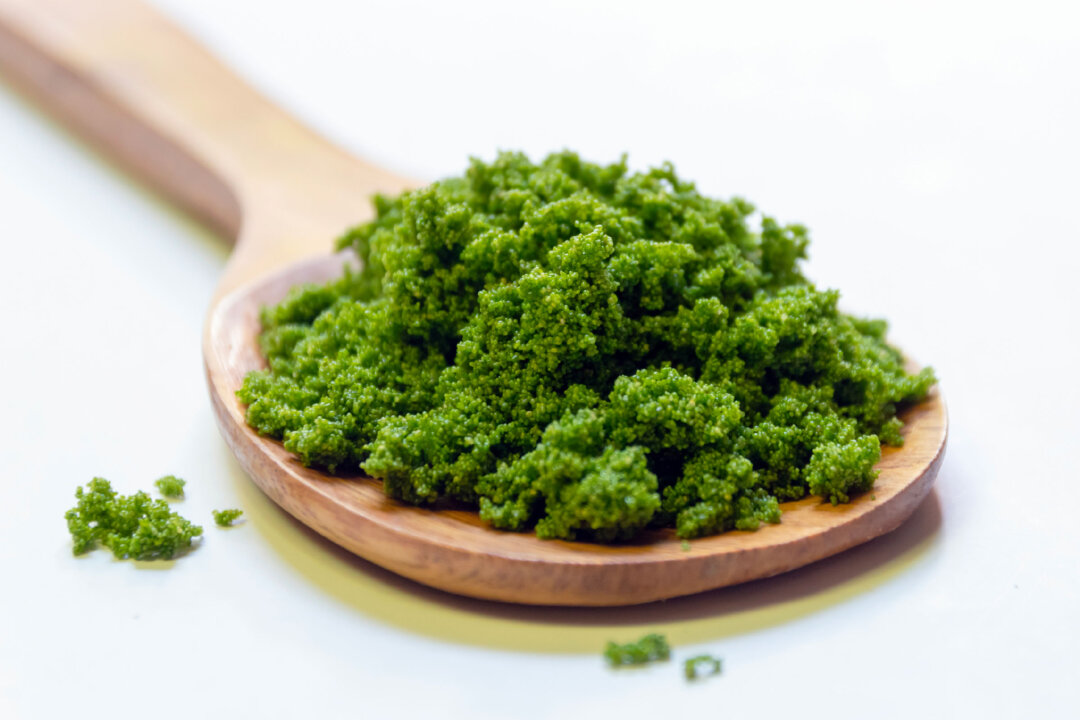Mankai, a small, nutrient-packed duckweed, has a significant impact on the blood sugar level of Type 2 diabetics, according to a new study. Researchers from Harvard University and Israeli universities conducted the study at two locations in Israel and observed the effects of Mankai, a type of aquatic plant that floats in large quantities in water, forming an apparent layer of green on the water’s surface. Blood sugar after meals is a critical measure for management of diabetes.
Forty diabetic patients were split into two groups, one of which would drink a blend of raw Mankai and water after dinner. The other group would drink a glass of water. Each group followed this routine for two weeks.

Then, the groups switched drinks, so each group had two weeks of the Mankai drink and two weeks of water. All of the participants were diabetic patients, with a median age of 65 years. On days when the participants drank the Mankai, they had a 20 percent reduction in post-meal blood sugar levels and a faster return to their levels prior to their dinners.
About two-thirds of the participants experienced this improvement. The blood sugar levels after eating is an important health indicator. If the level is regularly high, there is a higher risk of adverse health conditions, including stroke and heart disease.
Iris Shai, professor of nutrition and epidemiology at BGU and Harvard, told The Epoch Times that the plant’s ability to reduce blood sugar levels is probably due to many factors, including faster and improved absorption of glucose, and high insulin sensitivity, which allows cells to more effectively use blood glucose. “To the best of our knowledge, this is one of the first studies to show that adding a specific food may mitigate postprandial glucose levels,” the researchers said. Cultivated by Hinoman Ltd.
, an Israeli company, Mankai is grown hydroponically. Duckweeds are the world’s smallest flowering plants, and Mankai is even smaller than most duckweeds, measuring about 0.5 mm in diameter.
Hinoman Ltd. supplied the researchers with the Mankai for this study. The researchers received grants from the German Research Foundation, the Israel Ministry of Health, and the Israel Ministry of Science and Technology.
Shai, who is also a member of Israel’s government health committee for nutrition regulations, said Mankai is rich in essential nutrients, including proteins, iron and vitamin B12. “Mankai is an environmentally sustainable crop, requiring less water and resources compared to traditional crops, aligning with ecological sustainability goals,” Shai told The Epoch Times. “Its inclusion in a balanced diet may contribute to both individual health and broader environmental benefits.
” “It is important for diabetic patients to consult with their healthcare providers before making dietary changes to ensure that Mankai fits well into their overall treatment plan and does not interfere with any medications or other dietary requirements,” Shai said. “Further longer studies are needed and in more diverse populations to explore this phenomenon.”.


















